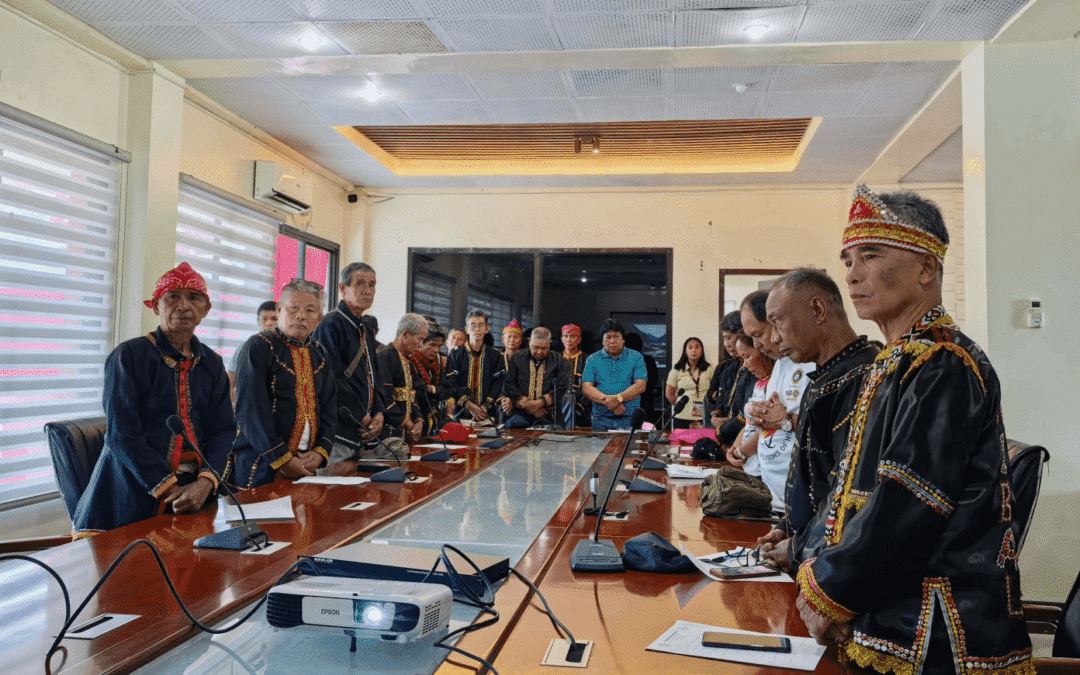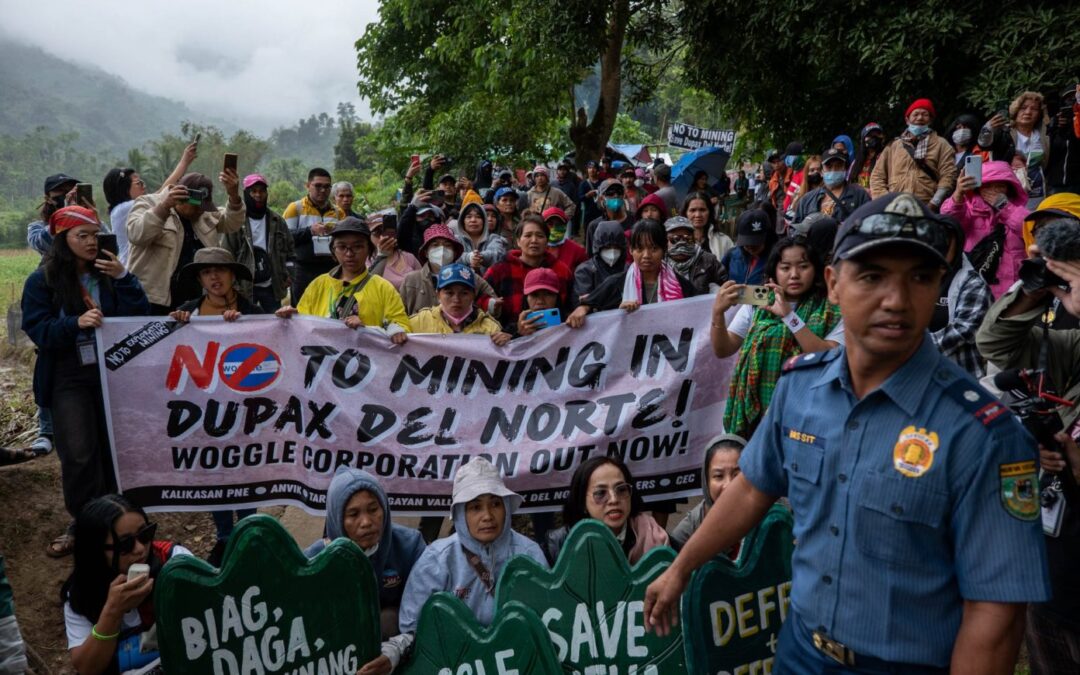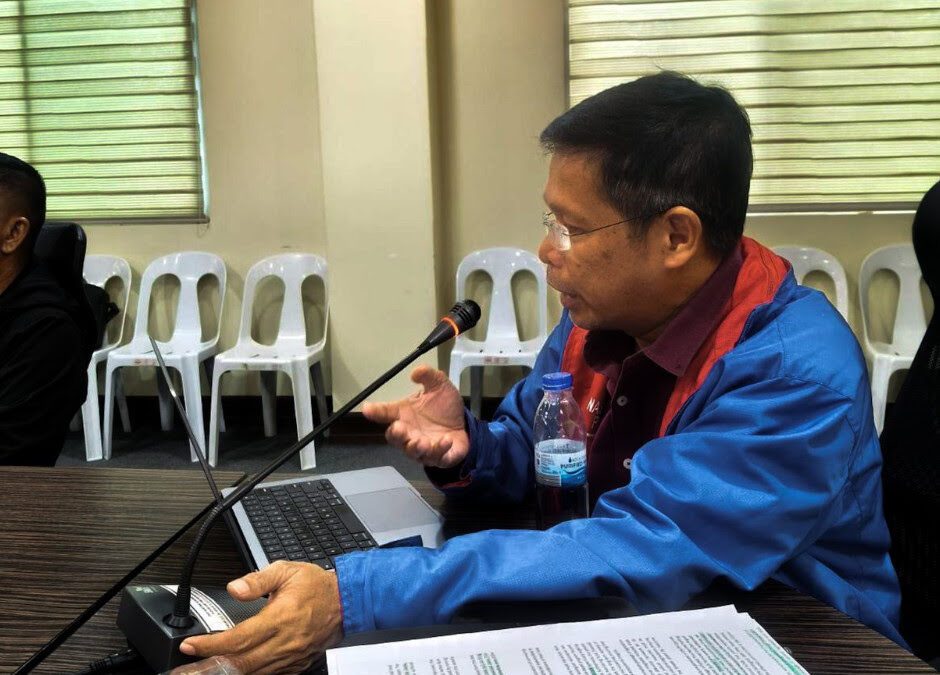Pro-environment and Indigenous Peoples rights groups accused the Philippine government of railroading negotiations with indigenous communities that are affected by the Kaliwa mega-dam project.
The groups said the Metropolitan Waterworks and Sewerage System (MWSS) and National Commission on Indigenous Peoples (NCIP) should be investigated for violating Covid-19 restrictions just “to push through the construction” of the mega-dam.
The government agencies have been gathering at least 100 indigenous leaders and community members in a discussion and workshop on the memorandum of agreement (MOA) validation and community royalty development program in General Nakar in Quezon province since January 24.
The province is under Covid-19 Alert Level 3, which prohibits mass gatherings and other activities to prevent community transmission of the virus.
Leon Dulce, national coordinator of Kalikasan People’s Network for the Environment said the “last-minute railroading of the Kaliwa Dam MOA for community consent is a hallmark of the Duterte regime’s pro-China, pro-big business fiesta while we have been suffering the Covid pandemic.”
Dulce urged candidates in the 2022 elections to “speak out and commit to stopping this patently illegal and onerous Kaliwa Dam project.”
The group Stop Kaliwa Dam Network said the government only invited selected community leaders, adding that the MOA signing “is already being brought up—without a period for validation of the MOA and the completed CRDP with the communities involved.”
The group called on the concerned agencies to postpone the talks and “respect the collective decision-making process” of the indigenous communities.
A 2020 audit report by the Commission on Audit noted that the MWSS has proceeded with the implementation of the dam project without proper documentation.
Last year, the House Committee on Indigenous Cultural Communities and Indigenous Peoples unanimously agreed to issue a cease and desist resolution to the MWSS and China-based contractor China Energy Engineering Corporation Limited.
The dam, which is funded through a loan from China, is expected to add 600 million liters per day to the water supply of Metro Manila. – with reports from LiCAS.news






0 Comments